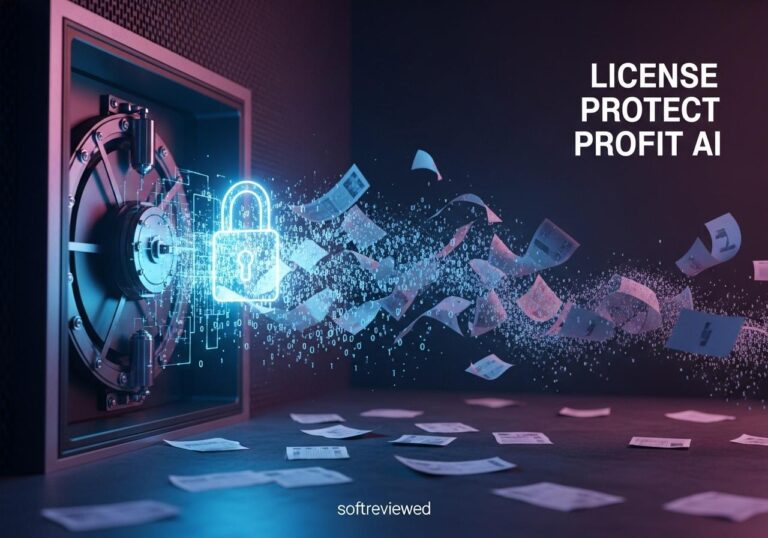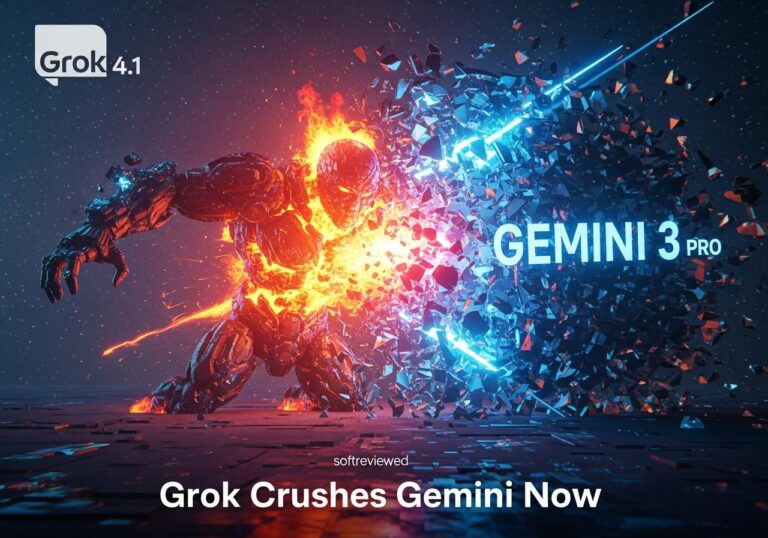Robot Structured License (RSL): Protecting Digital Content
A new standard for controlling how AI systems access and use online content, ensuring fair compensation for creators
Enhanced Content Protection
RSL upgrades protection beyond traditional robots.txt by requiring AI crawlers to present valid authorization tokens, providing stricter control over content access that robots.txt files (which are often ignored) cannot offer.
Flexible Payment Models
Publishers can implement various compensation structures including subscription fees, pay-per-crawl charges, or pay-per-inference compensation when AI systems use their content in responses.
Industry Adoption
Major platforms including Reddit, Yahoo, Medium, Quora, and wikiHow have already announced support for the RSL standard, driving widespread implementation.
Machine-Readable Licensing
RSL enables automated licensing agreements embedded directly in robots.txt files, books, videos, and datasets, creating a scalable solution for content licensing across the internet.
Fair Creator Compensation
The standard ensures publishers and creators receive fair payment when AI companies use their work for training models or generating responses, addressing a key concern in the AI content ecosystem.
Voluntary Compliance
RSL’s effectiveness ultimately depends on AI companies voluntarily adopting the standard, as there’s currently no technical mechanism to force compliance with the licensing requirements.
Why Really Simple Licensing Matters for Your Content
Imagine a world where AI chatbots freely scrape your site for training without ever paying a dime 🤑. That era is fading. Really Simple Licensing (RSL) empowers publishers to embed clear, machine-readable payment and usage terms directly into their websites—upgrading robots.txt from a “yes/no” gatekeeper to a full licensing hub. This article covers RSL’s origins, mechanics, real-world examples, and both the upsides and hurdles you need to know.
How RSL Evolved from RSS and Robots.txt
Back in 1999, RSS let websites syndicate updates in a standardized way. Now, in September 2025, RSL extends that vision to licensing. Born from a collaboration led by Eckart Walther (RSS co-creator) and Doug Leeds (former Ask.com CEO), the nonprofit RSL Collective unites major publishers—Reddit, Yahoo, Medium, Quora—to negotiate as one. Rather than blocking or allowing bots outright, RSL lets you:
✅ Set subscription fees
✅ Price pay-per-crawl or pay-per-inference
✅ Keep search engines crawling for free
All terms appear in a familiar robots.txt format, making adoption straightforward for any site.
Three Common RSL Payment Models
📌 Subscription Licensing: AI firms pay an ongoing fee to access your entire content feed.
📌 Pay-Per-Crawl: Charge each time a crawler scrapes your pages for training data.
📌 Pay-Per-Inference: Demand compensation when AI models reference your content in user responses.
These options give you flexible monetization without overhauling existing infrastructure.
Real-World Rollout: Who’s On Board?

Major platforms wasted no time adding RSL tags. Reddit CEO Steve Huffman hailed RSL as a “scalable way to protect the open web,” while Fastly built enforcement tools that block unlicensed bots at the network edge. Independent creators and small publishers can join the RSL Collective for free—pooling negotiating power like ASCAP does for musicians.
Benefits and Drawbacks to Consider
✅ Revenue Opportunity: Turn AI’s appetite into a new income stream.
✅ Legal Clarity: Reduce risk of copyright suits by setting explicit terms.
⛔️ Voluntary Compliance: AI companies must honor RSL; there’s no global mandate yet.
⛔️ Technical Overhead: You’ll need to monitor license tokens and perhaps integrate with a license server.
Ethical and Privacy Implications
By defining “fair use” boundaries, RSL encourages respect for creator rights. But it also raises questions: Could overzealous licensing stifle AI innovation? Might smaller sites struggle with compliance costs? Industry expert Tim O’Reilly warns that enforcement hinges on voluntary buy-in: “RSL represents progress, but only if the ecosystem cooperates.”
Comparing RSL with Traditional Licensing
| Feature | Traditional Negotiations | RSL Protocol |
|---|---|---|
| Setup Time | Weeks to months | Minutes to add to robots.txt |
| Collective Leverage | Low | High (unified RSL Collective) |
| Transparency | Opaque contracts | Machine-readable, public terms |
| Enforcement | Legal actions | Token-based blocking via HTTP headers |
Next Steps: Implementing RSL on Your Site
- Join the RSL Collective at rslstandard.org
- Choose your pricing model—subscription, crawl, or inference
- Add RSL directives to your robots.txt file
- Configure Fastly or your CDN to enforce tokens
- Monitor usage and billing via the RSL API
Wrapping Up: A New Chapter for Web Publishing
RSL bridges the gap between content creators and AI developers—offering a clear path to monetization while protecting intellectual property. As more publishers adopt this “pay-to-train” approach, AI firms face a simple choice: comply and pay, or get blocked. The success of RSL depends on community coordination, but it marks a pivotal shift toward fair compensation in the AI era. Ready to turn your content into a revenue line? It’s never been simpler to get started.







